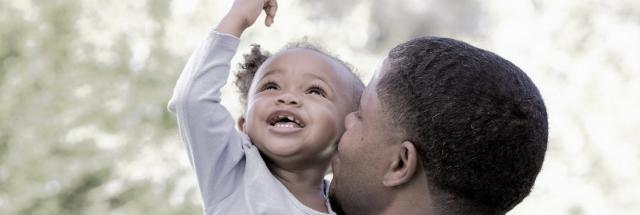Healing the Wounds of Slavery: Towards Mutual Recovery is a joint Project of the UNESCO Slave Route Project and the Guerrand-Hermès Foundation for Peace (GHFP) Research Institute. The Project aims at healing the wounds and addressing the psycho-social, economic and political consequences of the trans-Atlantic slave trade and slave history. The focus is on creating pathways towards mutual recovery and cultural and institutional transformation. It is supported by a number of partners, and guided by an Advisory Board consisting of multi-disciplinary experts.
This Project is envisioned to take several steps:
The first phase was to gather together international experts from multi-disciplinary backgrounds for a Symposium to identify meaningful approaches for healing the psychological wounds of slave trade and slave history.
The second phase was to take on board the recommendations gathered from the symposium discussion, and to launch a Desk Review which mapped out the conceptions, approaches and practices of healing relevant to the trauma of trans-Atlantic slave trade and slavery.
The third phase involves designing, developing and (pre)piloting a collective healing programme in the communities directly affected by trans-Atlantic slave trade and slave history, such as North and South America, the Caribbean, Africa, and Europe. With experiencing wholeness, narrative, dialogue and restoring our shared humanness at its core, this programme is intended to create spaces for deep encounters between people from all communities affected by the slave history and slave trade, including people from both African and European descent.
The fourth phase entails creating an online Collective Healing Academy to offer young people certificate and diploma courses to develop their racial healing facilitation skills, enhance their leadership capabilities and entrepreneurial competencies, and nurture them as active change agents for community and institutional transformation. The Academy includes a virtual learning community space allowing young people to forge networks and connections with global peers, and empowering them to embark on collaborative processes to adapt racial healing program for integration in educational settings in UNESCO’s inclusive and sustainable cities.
The programme, activities and research will be facilitated by the UNESCO Slave Route Project’s Research Chair.


